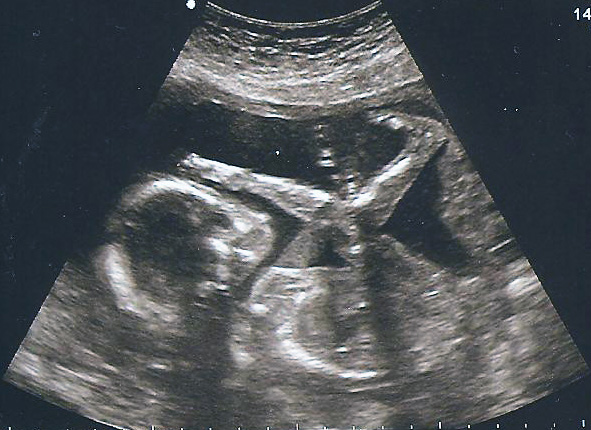
Delight in Truth has closely followed the case of 33-year-old Marlise Munoz over the last couple months without weighing in on this complex ethical matter until now.
The 14 week-pregnant mom collapsed at home possibly due to a pulmonary embolism (clot to the lungs), and after resuscitation it was evident that she was brain-dead. But it appeared that her baby continued to have a normal heart beat after resuscitation.
In the aftermath of the diagnosis of brain death something paradoxical happened.
In such situations, the hospital and doctors are typically the ones who aggressively try to convince the family to take the patient off life support. In this particular case, it was the other way around. The family argued that lack of oxygen during resuscitation may have damaged the baby significantly, and they aggressively pursued legal action to remove her from life support. This action led to the baby’s demise at the gestational age of 22 weeks.
I agree that any life-sustaining treatment for the brain-dead mom was futile, but this was not the case for the baby.
Keeping the mom on life-support, keeps the baby alive.
Even though the hospital ultimately agreed that the baby was unlikely to be born “normal,” it is worthwhile to consider that a baby with a normal heartbeat inside a mom whose heart, lungs, kidneys and liver are working has an excellent chance to grow to the point where a C-section can be performed. This is because the baby’s development depends on a relatively low amount of oxygen delivered, and not the mother’s brain function.
Neonatologist Paul Bryne explains to Life Site News:
“The amount of oxygen a baby gets is much different than the amount of oxygen we get out here in the environment,” Byrne told LSN. He said the blood supply to the baby is venous blood, which has already had most of the oxygen consumed by the mother’s body anyway. “The baby’s body is used to living with a lower oxygen content. The baby is protected by the uterus more than the mother’s brain is protected, or the liver is protected, or the heart is protected [from lack of oxygen].”
“A baby has all of his or her parts by eight weeks after conception,” Byrne told LSN. “And so the susceptibility to medicines that could be toxic – and most of those that are used in resuscitation are not toxic – but even those that are toxic, the greater chance [of harm] is early in pregnancy, that’s when you have to be mostly concerned.”
These physiologic facts mattered not when the final decision was made.
This case, however complex, illustrates that we do not live in a culture that will fight for the unborn. No one in the baby’s family stood up for the baby. In fact they did the opposite. It was the hospital and state who sided with keeping the baby alive until a judge ordered the life-support to be discontinued.
It would have been difficult to keep going 10 more weeks. And so the chance to have beauty from ashes is gone.
This unfortunate situation resulted only in ashes.
